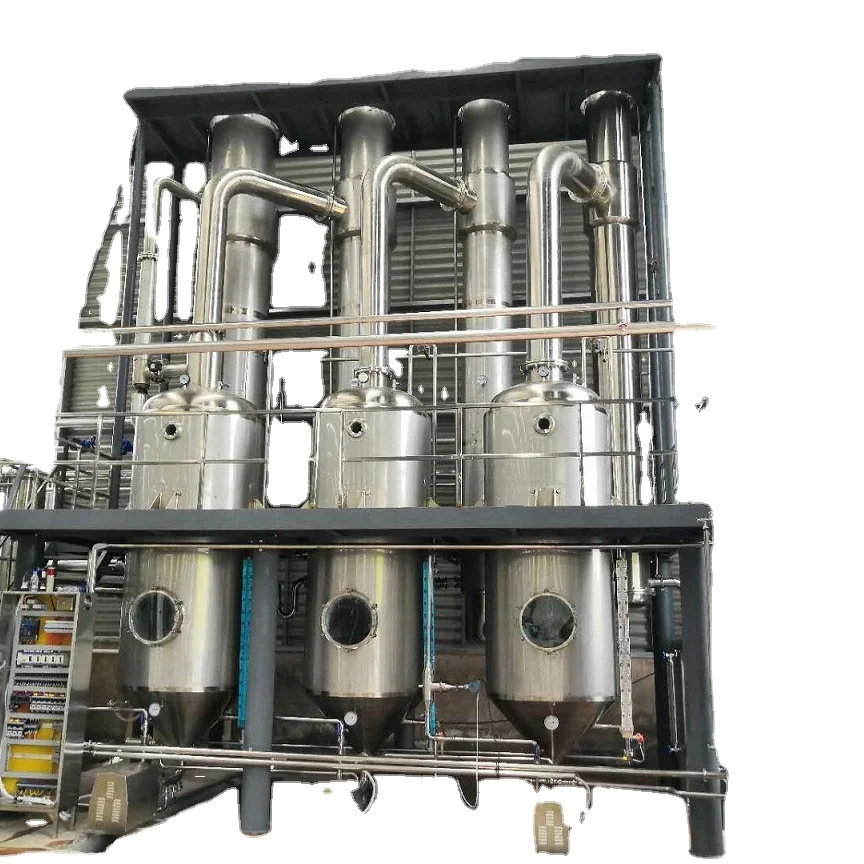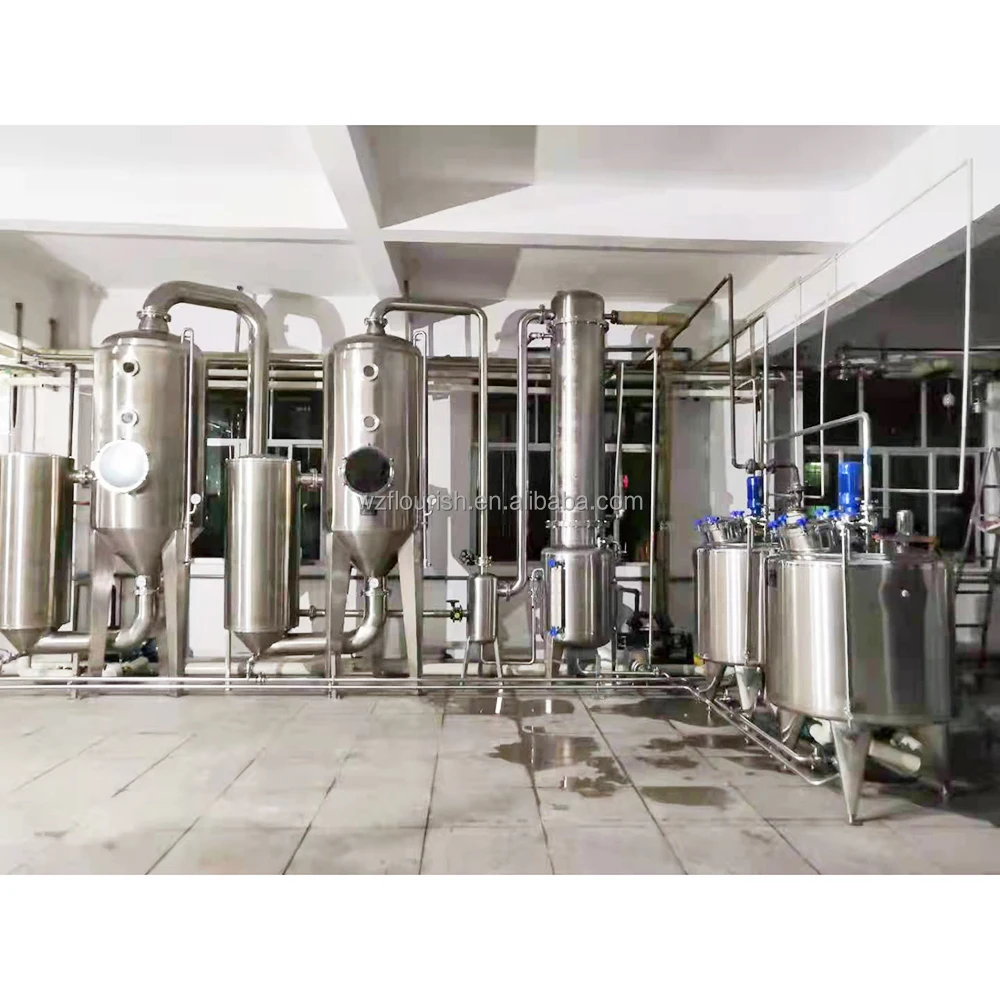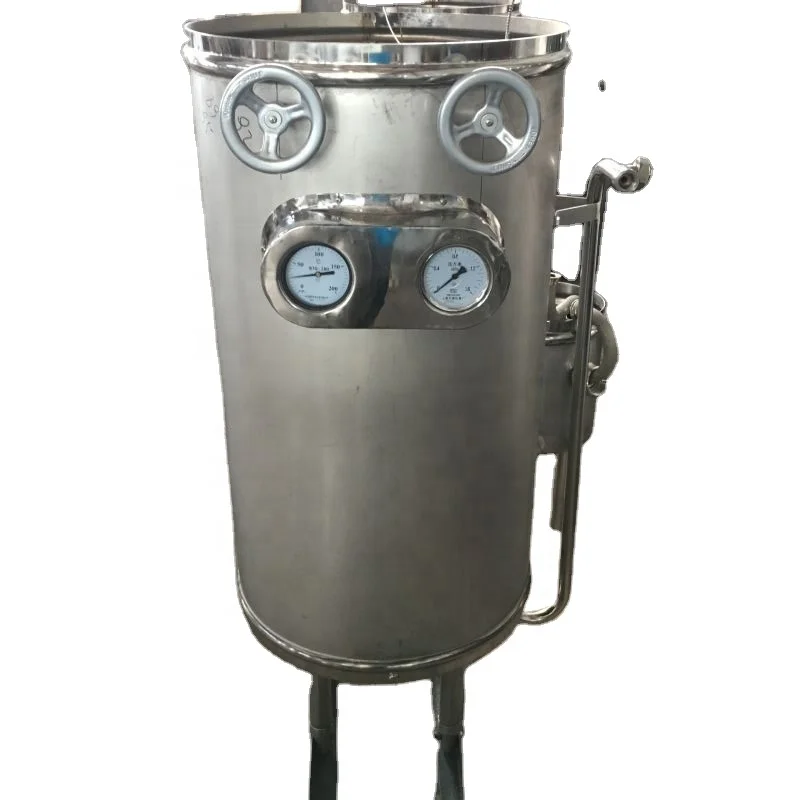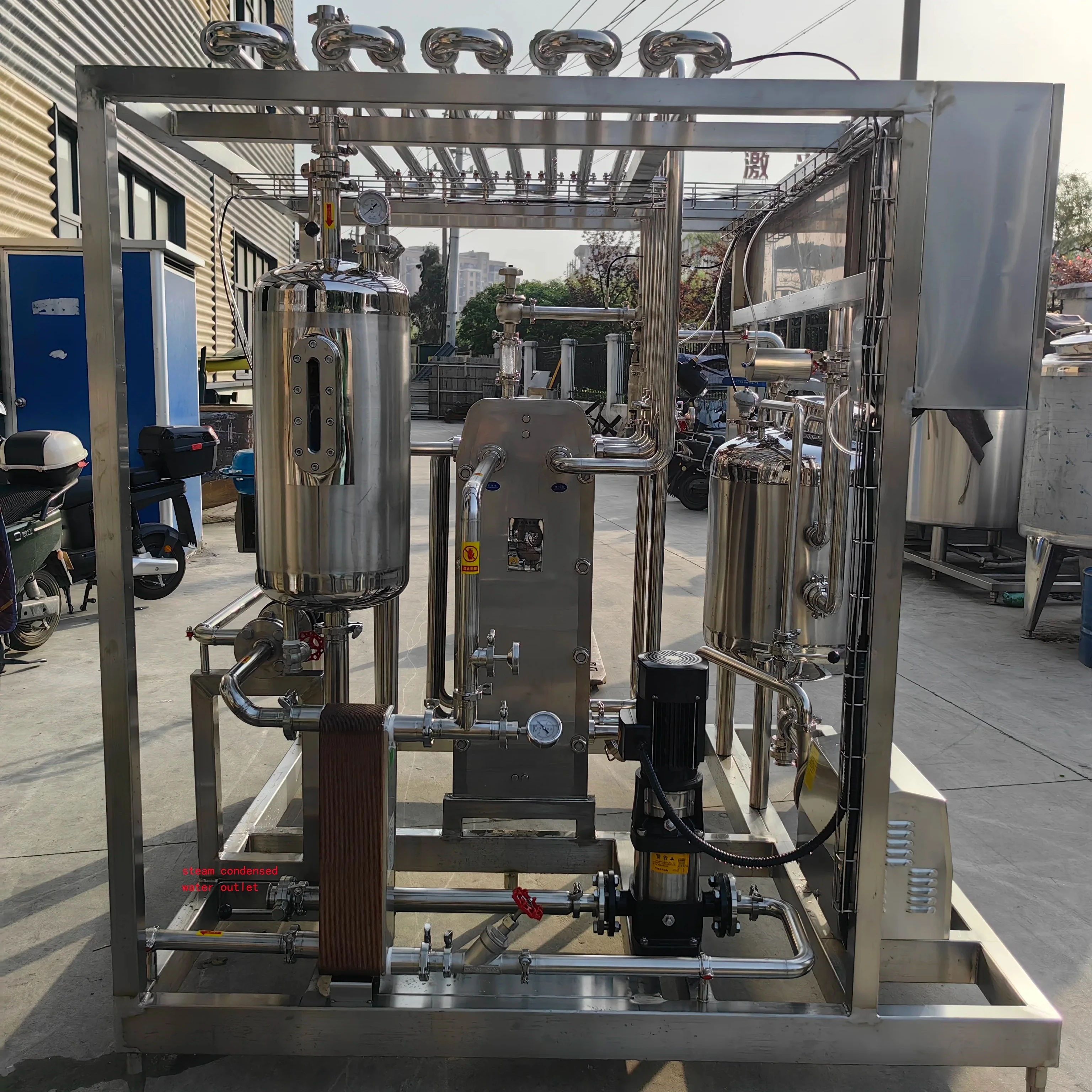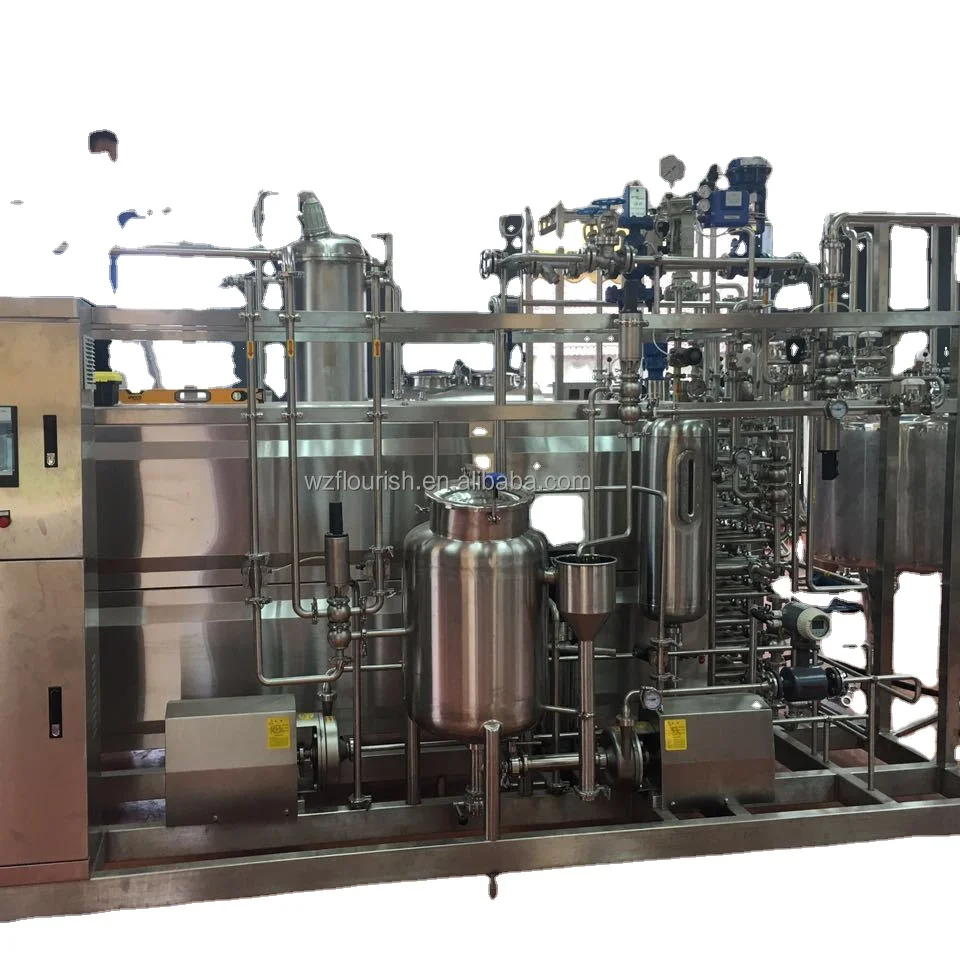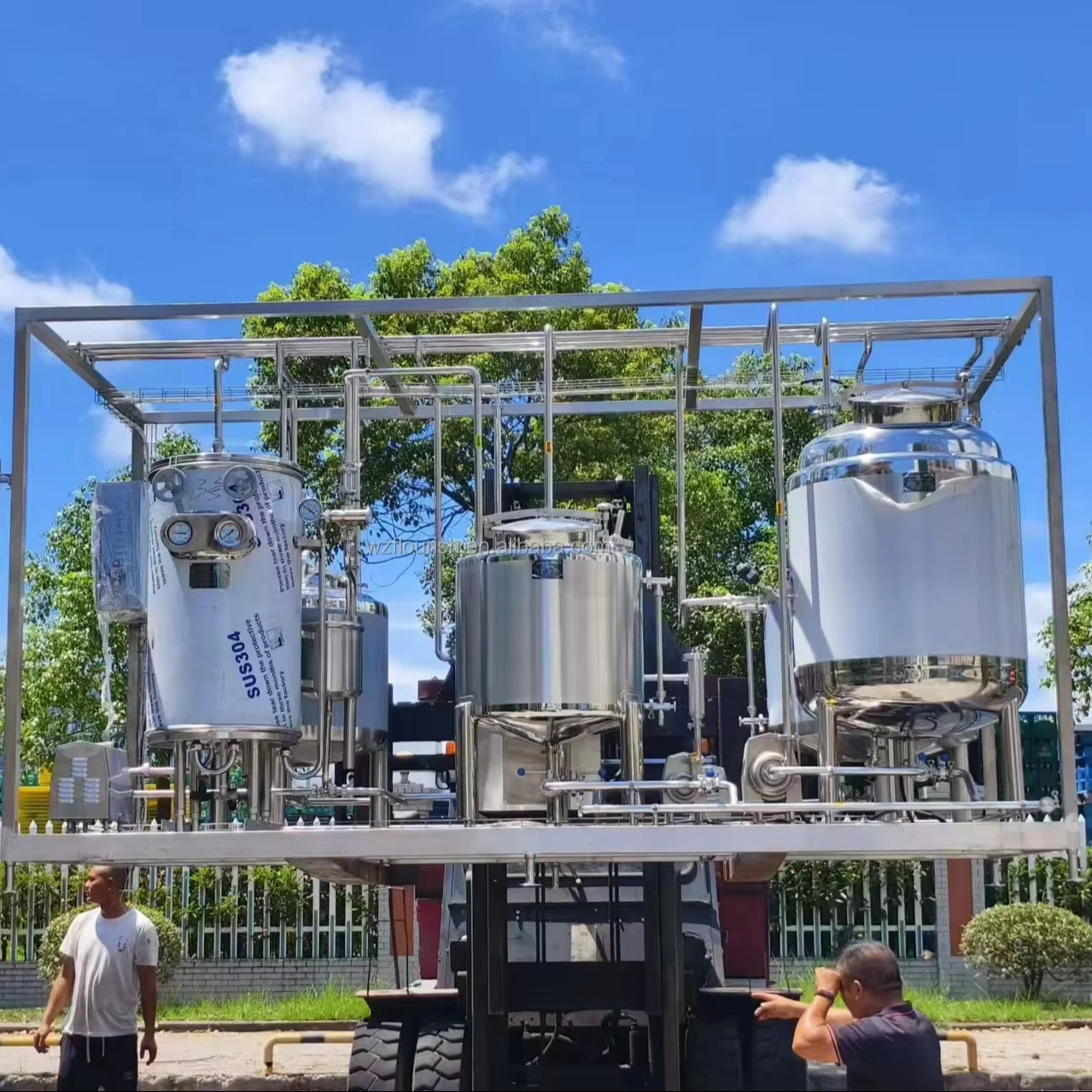ABOUT
Wenzhou Vince Machinery Science Co., Ltd. was established in early 1980s. Our company covers an area of 6500 square meters and is an independent legal representative firm, possessing rich economic technology strength. Our company is a high tech enterprise and plays an important role in national dairy, foodstuff, pharmacy and machinery industries. We are a beverage machinery supplier.
Since the establishment, our company has mainly engaged in dairy products, foodstuff, beverage machinery, bean products, yellow wine, medicines and fermentation projects. What's more, our company supplies a complete sequence services in manufacturing, installation, test and personnel train, as well as the whole direction service design and consulting service on product project construction or enlargement artistic distribution engineering sets budget.
PRODUCTS
Understanding the Power of Fermentation Tanks
The Controlled Environment: A Microbe's Paradise
Fermentation tanks, also known as fermenters, are engineered to provide the optimal conditions for microbial growth. This means meticulous control over several key parameters. Temperature is paramount; precise temperature regulation prevents unwanted microbial growth and ensures the desired metabolic pathways are followed. A few degrees Celsius can significantly alter the flavor profile of a beer or the texture of yogurt, highlighting the importance of precise control.
Beyond temperature, maintaining appropriate pH levels is crucial. Different microorganisms thrive within specific pH ranges. The tank's design often includes mechanisms for pH monitoring and adjustment, allowing for the fine-tuning of the fermentation process to achieve the desired results. This level of precision is essential for consistent product quality.
Oxygen control is another critical aspect. Some fermentations are aerobic, requiring oxygen for microbial growth, while others are anaerobic, requiring an oxygen-free environment. Fermenters are designed to facilitate either condition, often with sophisticated aeration systems or airtight seals to manage oxygen levels with precision.
Material Selection and Tank Design: Tailored to the Task
The material used to construct fermentation tanks is carefully chosen based on the specific application and the nature of the fermented substance. Stainless steel is a popular choice due to its durability, resistance to corrosion, and ease of cleaning and sterilization. This is especially important in preventing contamination and ensuring the safety of the final product.
The size and design of the tank vary greatly depending on the scale of production. From small-scale home brewing systems to large industrial fermenters capable of holding thousands of liters, the design reflects the demands of the process. Features like baffles, agitators, and sampling ports are incorporated to facilitate efficient mixing, oxygen transfer, and monitoring of the fermentation process.
The shape and geometry of the tank also play a role. Certain shapes are more conducive to efficient mixing and heat transfer, contributing to a more uniform and consistent fermentation. This is particularly important in large-scale operations where consistency is crucial for mass production.
Beyond Food and Drink: Expanding Applications
While fermentation tanks are prominently associated with food and beverage production, their applications extend far beyond this realm. In the pharmaceutical industry, they are used for the production of various antibiotics, vaccines, and other biopharmaceuticals. The controlled environment within the tank is critical for the growth and harvesting of these valuable microbial products.
Furthermore, fermentation tanks are instrumental in biotechnology for the production of biofuels and other bio-based products. This reflects the growing importance of sustainable and renewable resources. The efficiency and control provided by these tanks are essential for optimizing the production of these environmentally friendly alternatives.
In conclusion, understanding the power of fermentation tanks reveals a complex interplay of engineering, microbiology, and chemistry. The precise control they offer over the fermentation process is paramount to producing consistent, high-quality products across a wide range of industries, highlighting their indispensable role in modern manufacturing and scientific advancement.
SUBSCRIBE
INQUIRY

